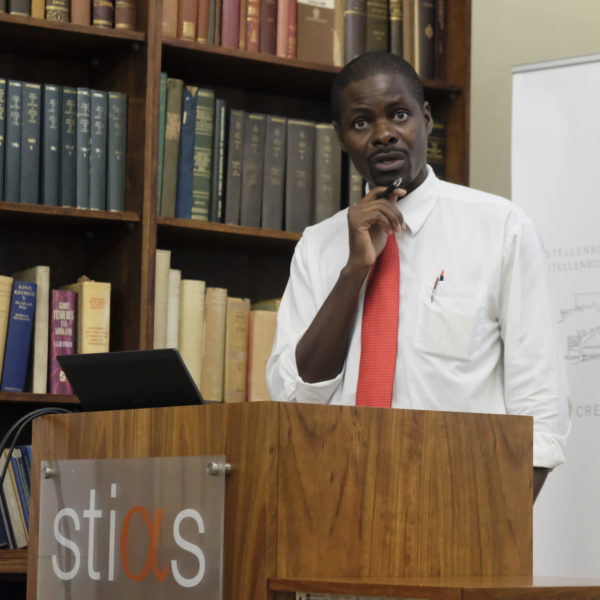This project analyzes the fates of rulers and regimes which came to power in Africa in the 1980s-90s. They all had ambitions of reforming politics and changing society. The extent to which exercise of power and authority became institutionalized was shaped by the nature of coalition politics in the initial years. Governing coalitions that were broadly inclusive of a wider section of elite political players resulted in progressive institutional change at the level of exercising decision-making power. But such inclusive politics tended to undermine progress in strengthening the capacity and autonomy of the state. On the other hand, ruling coalitions that excluded some major actors led to centralized decision-making but also resulted in stronger state bureaucratic capacity. This project is a comparative analysis of the two contrasting trajectories represented by the cases-studies of Ethiopia, Ghana, Rwanda, and Uganda. The first trajectory is conceptualized as representing the path of democratic institutional transformation while the second is one that is authoritarian in orientation and texture.
Related news
Related publications
Khisa, Moses. (Ed.). 2024. Autocratization in Contemporary Uganda: Clientelism, Coercion and Social Control. Boomsbury Publishing. https://books.google.co.za/books?hl=en&lr=&id=o_PiEAAAQBAJ&oi=
Edozie, Rita Kiki and Moses Khisa. 2022. Africa’s New Global Politics: Regionalism in International Relations. Lynne Rienner Publishers. https://www.rienner.com/title/Africa_s_New_Global_Politics_Regionalism_in_International_Relations
Khisa, Moses and Sabastian Rwengabo. 2022. The Deepening Politics of Fragmentation in Uganda: Understanding Violence in the Rwenzori Region. African Studies Review, 65(4), 939–964. https://doi.org/10.1017/asr.2022.80
Share this project:
Is any information on this page incorrect or outdated? Please notify Ms. Nel-Mari Loock at [email protected].


